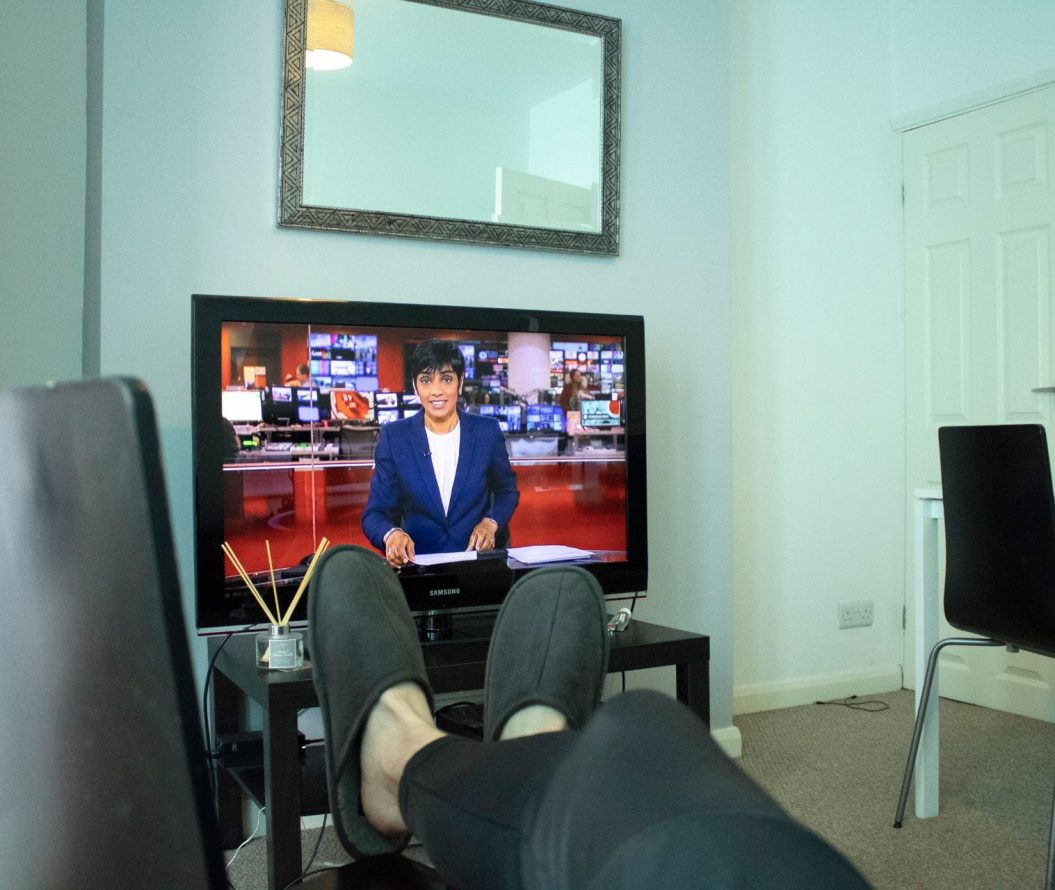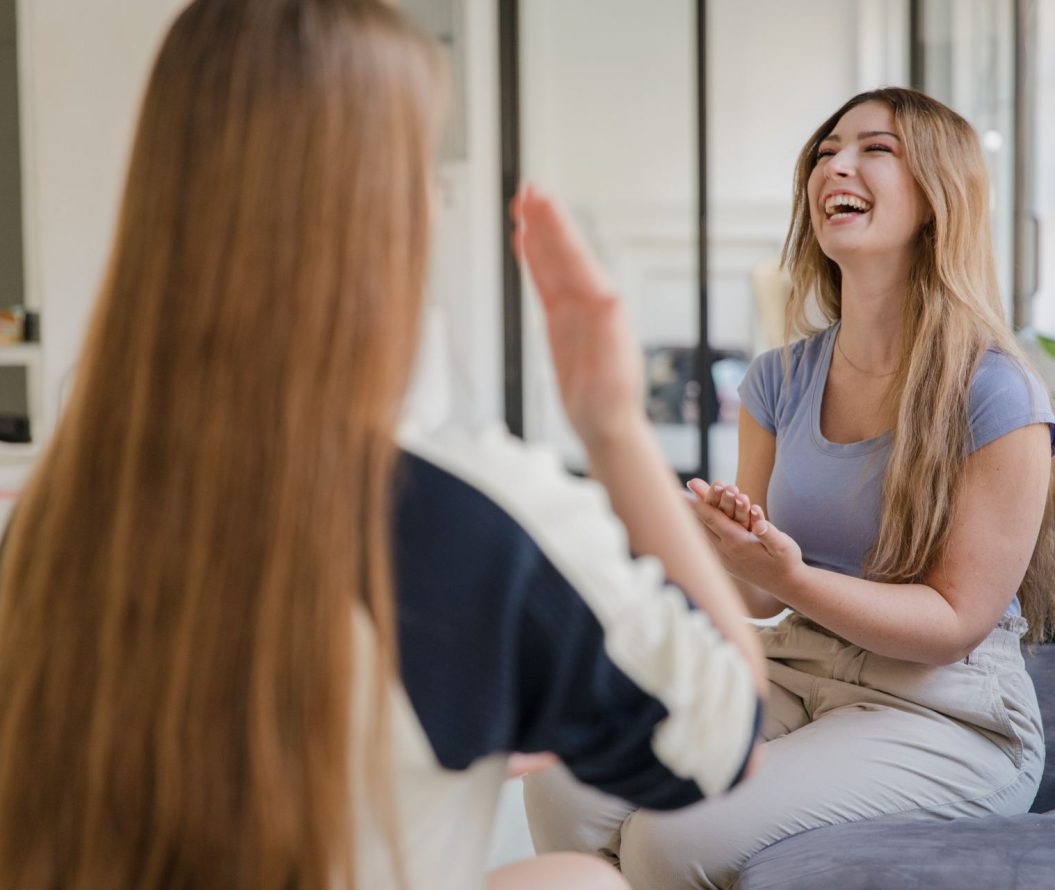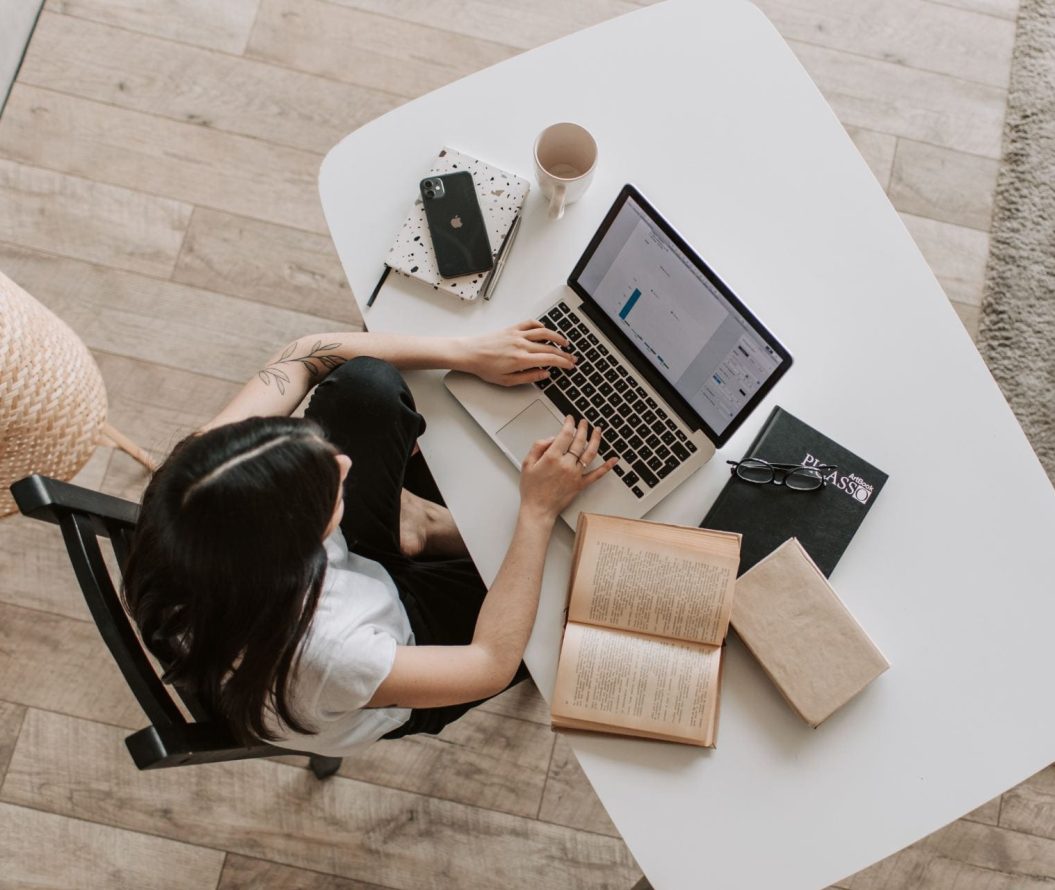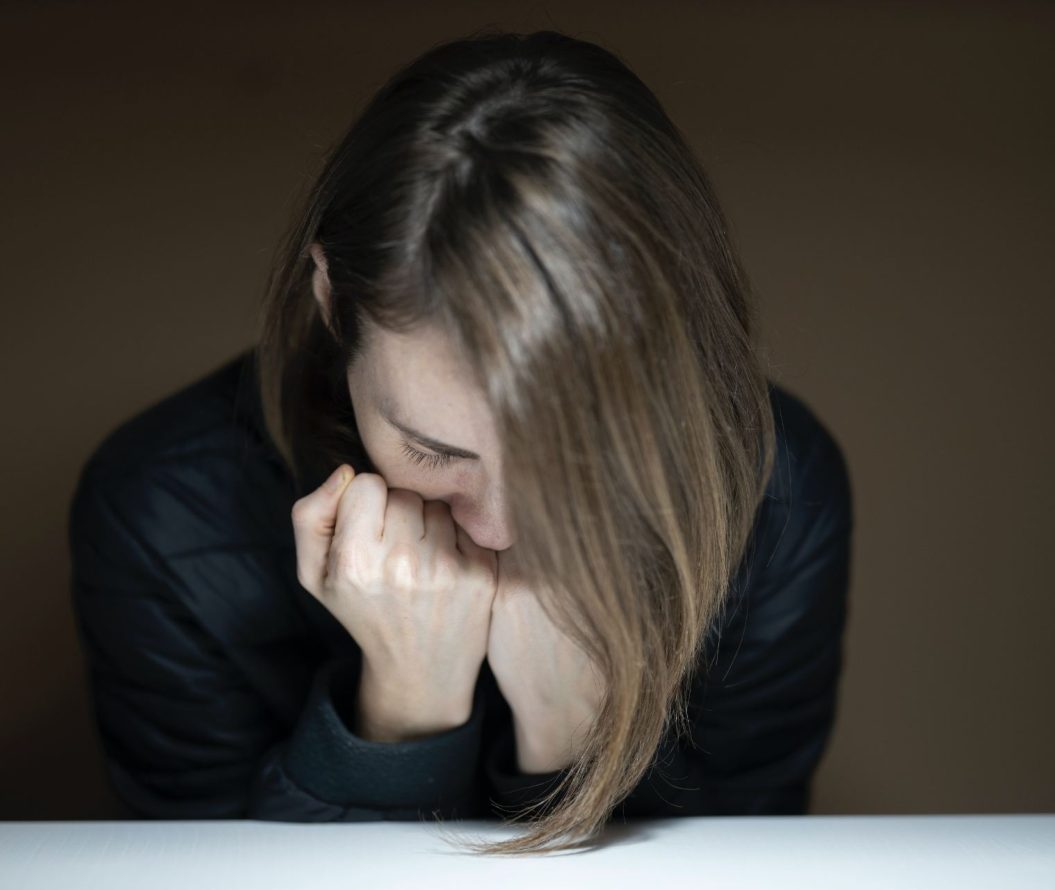Hey! I'm Emma, I'm from Sheffield and I am in my third year studying law here at UoL! I am a huge fan of all animals, a good movie marathon, and cooking all my favourite food. I'm also super lucky…
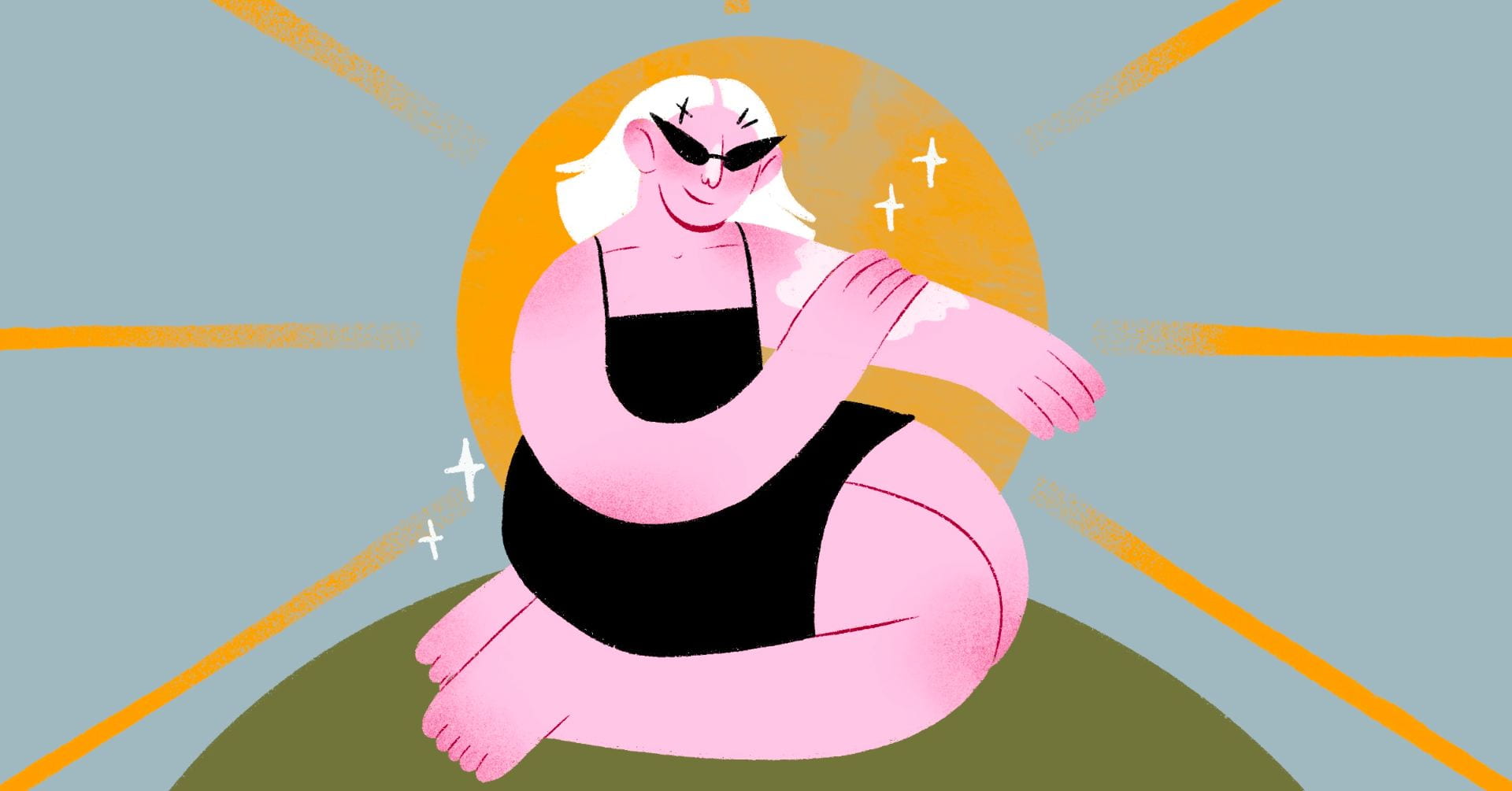
We all know we should wear sunscreen, but in reality, it is easy to forget if we’re in a rush, or we think it won’t matter if we just ‘pop outside’ for 20 minutes. However, it is so so important to use sunscreen on exposed skin when you’re outside, all year round.
Most people do not apply enough sunscreen – use the information below as a guide to keep you safe in the sun!
Top 4 IMPORTANT reasons to use sunscreen:
- It protects your skin from UV rays
- The depletion of the ozone layer has increased our risk of sun damage from harmful UV rays. Sunscreen blocks these rays, greatly reducing the likelihood of sunburn.
- It lowers your skin cancer risk
- UV radiation is the top risk factor causing skin cancers. Consistent, adequate protection from the sun’s UV rays helps lower your risk, which is why it’s critical to apply sunscreen every day.
- It prevents premature ageing of the skin
- UV radiation causes the premature breakdown of collagen and elastin in the skin, resulting in fine lines and wrinkles. Regular use of sunscreen allows you to enjoy smooth, youthful-looking skin for years longer.
- It helps to maintain an even skin tone
- Sunscreen helps prevent discolouration and dark spots from sun damage, helping you maintain a smoother and more even skin tone.
Understanding the information on the sunscreen bottles
- Sun Protection Factor (SPF)
- This is a measure of the amount of ultraviolet B radiation (UVB) protection.
- It is rated on a scale of 2 to 50+ based on the level of protection they offer, with 50+ offering the strongest form of UVB protection.
- Star rating system
- This measures the amount of ultraviolet A radiation (UVA) protection.
- You should see a star rating of up to 5 stars on UK sunscreens.
- The higher the star rating, the better.
- ‘UVA’ inside a circle
- This is a European marking.
- It means the UVA protection is at least a third of the SPF value and meets EU recommendations.
- Sunscreens that offer both UVA and UVB protection are sometimes called broad spectrum.
- When buying sunscreen, the NHS state that the label should have:
- An SPF of at least 30, in order to protect against UVB.
- At least a 4-star UVA protection.
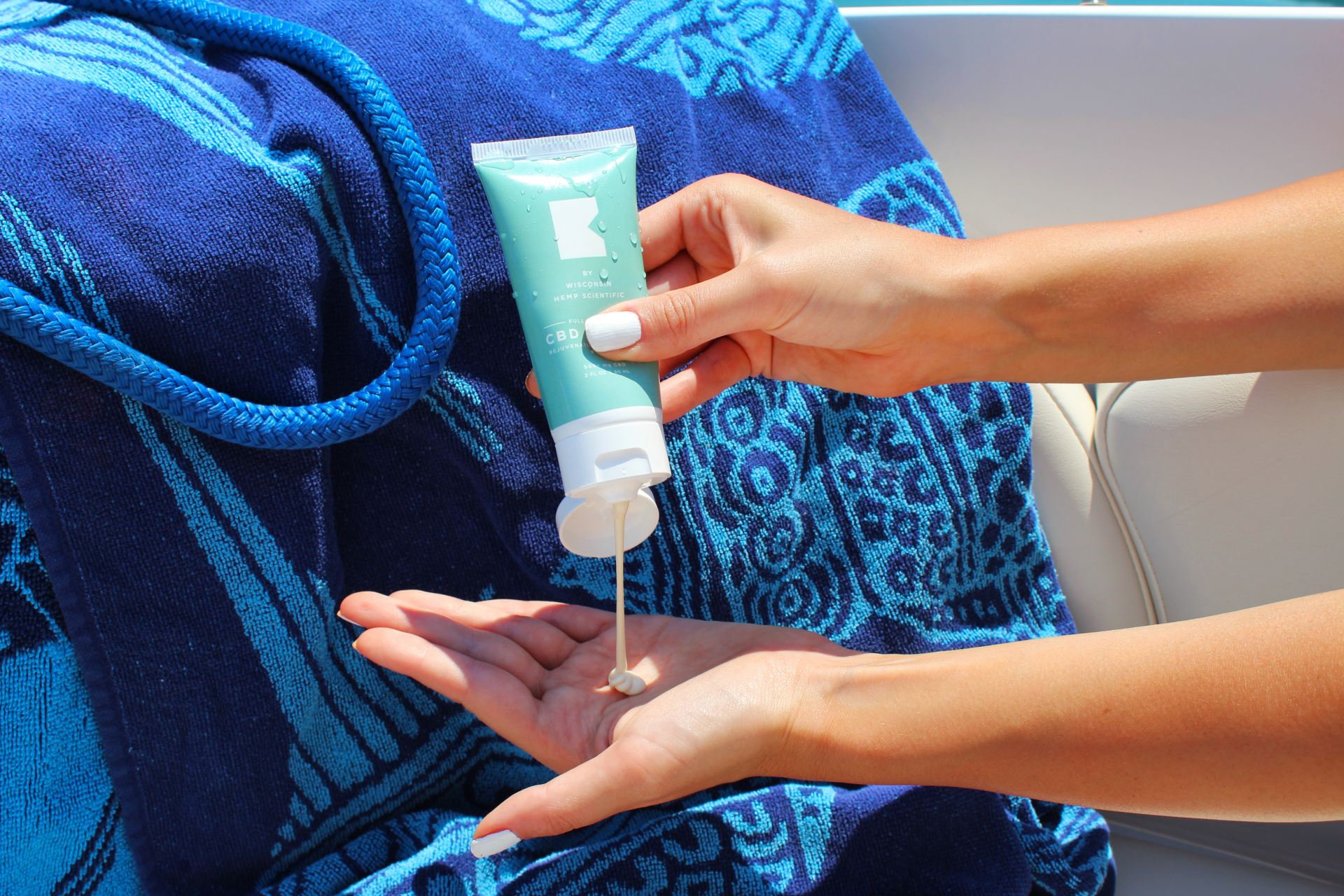
How to wear sunscreen
- As a general guide, the NHS recommend the following for adults…
- 2 teaspoons of sunscreen if you’re just covering your head, arms and neck.
- 2 tablespoons if you’re covering your entire body while wearing a swimming costume.
- Although it is not the most enjoyable substance to use, you are better off using more sunscreen than you need, rather than not enough.
- Sunscreen should be applied in generous amounts, frequently throughout the day on all exposed skin, including the face, neck and ears, and head if you have thinning or no hair.
- It is also recommended that:
- Sunscreen should be applied every 2 hours, as the sun can dry it off your skin.
- Sunscreen should be reapplied straight after swimming even if the sunscreen you use states it is ‘water resistant’ – this also applies to; after towel drying, sweating, or if you think it may have rubbed off.
- What about wearing sunscreen with makeup?
- Some makeup such as foundation and moisturisers have an SPF rating on the bottle, however, this isn’t enough protection.
- The best approach to wearing sunscreen with makeup is to apply it after your moisturiser/skincare products, but before your cosmetics – this will give you an extra layer of protection whilst you wear makeup.
Extra Tips for Staying Safe
- Try and avoid the hottest points of the day as this is when the sun is at its strongest – in the UK, this is between 11am and 3pm from March to October, so this is the best time to stay in the shade.
- Make sure the sunscreen is not past its expiry date – most sunscreens have a shelf life of 2 to 3 years.
- You should not spend any longer in the sun than you would without sunscreen.
- Remember, there is no safe or healthy way to get a tan – a tan does not protect your skin from the sun’s harmful effects – sunscreen should always be used even if you aren’t prone to burning easily.
- A hat or some sort of head-covering is the safest way to stop the top of your head from burning.
- Using sunglasses with the correct British Standard Mark is the safest way of protecting your eyes from the sun.
Don’t forget to use lots of sunscreen, stay safe and have an amazing summer!
- Topics
- Travel

